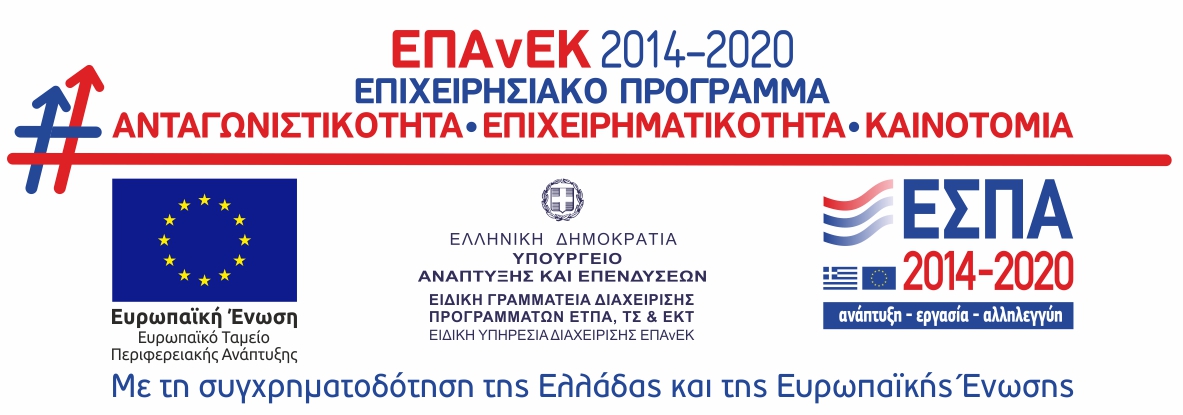Κάντε log in ή Εγγραφείτε εδώ
Αναζήτηση
Results



Για την καλύτερη προετοιμασία των υποψηφίων για τις εξετάσεις του ÖSD μπορείτε να παρακολουθήσετε βιντεοσκοπημένες προσομειώσεις εξετάσεων για όλα τα επίπεδα του Κοινού Ευρωπαικού Πλαισίου Γλωσσών.
Μπορείτε να δείτε τα videos εδώ

Μπορείτε να βρείτε τα θέματα των εξετάσεων NOCN Δεκέμβριος 2019
This is the fourth and final article in a series looking at the principles and practice behind the teaching of English grammar to those who are studying it as a foreign language. In the first three articles we looked in more detail at the three basic elements of teaching theory - presentation, practice and production - and at ways of making each of those steps more exciting and accessible for the learners. Given that teaching context, this article is going to examine other aspects of teaching that will help to make grammar-learning a more constructive and fruitful process.
Business English teaching has come a long way from its early days of English for Specific purposes. It now encompasses professional skills such as negotiating and presenting, and aspects of intercultural competence, and increasingly is stretching into the arena of interpersonal skills e.g. rapport building, influencing etc.
ΓΕΝΙΚΑ ΧΑΡΑΚΤΗΡΙΣΤΙΚΑ ΤΗΣ ΚΙΝΕΖΙΚΗΣ ΓΛΩΣΣΑΣ
Αν θέλαμε να περιγράψουμε συνοπτικά τα βασικότερα στοιχεία την κινέζικης γλώσσας, θα πρέπει να αναφερθούμε στα εξής :
1) Ανήκει στην σινοθιβετανική οικογένεια γλωσσών
Most students in Greece now take at least a B2 English language examination, with a great many also sitting other examinations at levels further down the CEFR framework. However, the age of the Greek cohort is relatively young and, for most, it is their first time in a formal examination situation: an unfamiliar environment, suspicious invigilators, a strict protocol of precise timing and regulations. The whole experience can be daunting, and there are those in the world of education who campaign vociferously against their students taking any examinations or tests whatsoever.
*The interview was first published in Issue 141 of the TESOL Greece Journal
The title of your plenary is ‘Transforming tradition’. What do you mean by ‘tradition’ in an ELT context?

